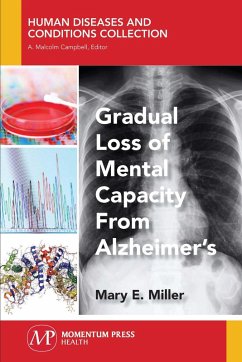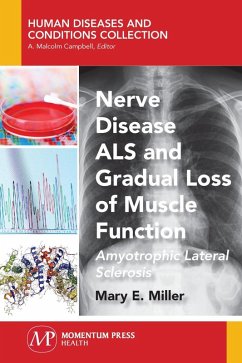Most people have heard of senility, dementia and Alzheimer's disease, but how different are these conditions? Whenever memories begin to fail later in life, Alzheimer's is a concern. Some people worry because their parents are not remembering a birthday, or a trip to the store. We all have our moments, right? But the idea of having Alzheimer's disease, and the reaction to this possibility, is usually one of fear and some confusion. Understanding disease progression is critical and new research has given us valuable information about symptoms, how symptoms progress, and how they relate to cellular dysfunction of the neurons involved. This book describes Alzheimer's as a progressive dementia, where neural function is impaired and atrophy of the brain occurs. Symptoms go beyond those mental and behavioral changes associated with normal aging. The region of the brain affected first is the hippocampus, which is critical for memory and higher order thinking, giving rise to classic Alzheimer's symptom of memory loss. Although we understand how early diagnosis influences treatments and outcomes, we don't know what causes Alzheimer's disease and there is no cure. Future treatments for Alzheimer's are promising as researchers work to understand the events that convert the normal balance of repair and function in the brain to a pathology that robs someone of their memories.
Dieser Download kann aus rechtlichen Gründen nur mit Rechnungsadresse in A, D ausgeliefert werden.









